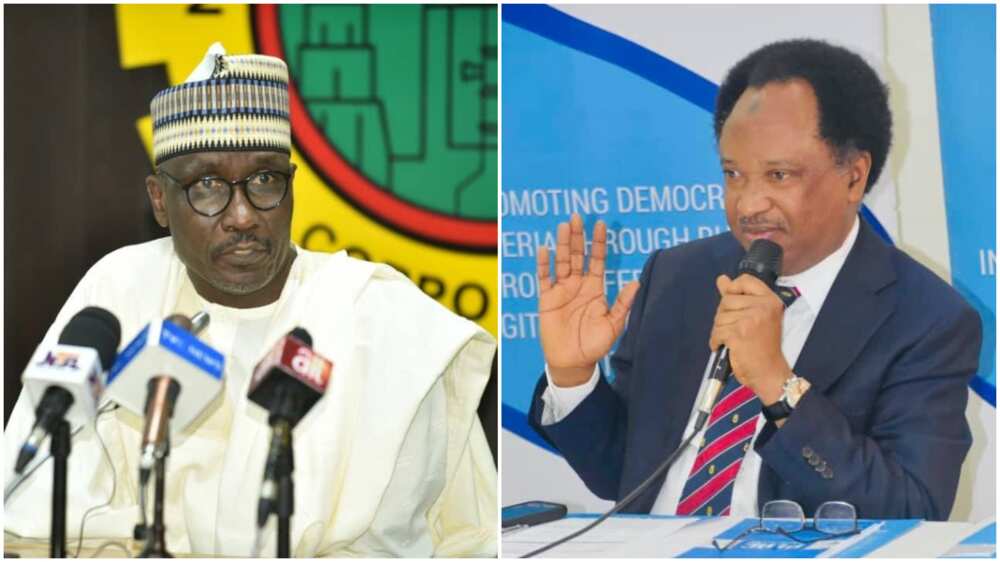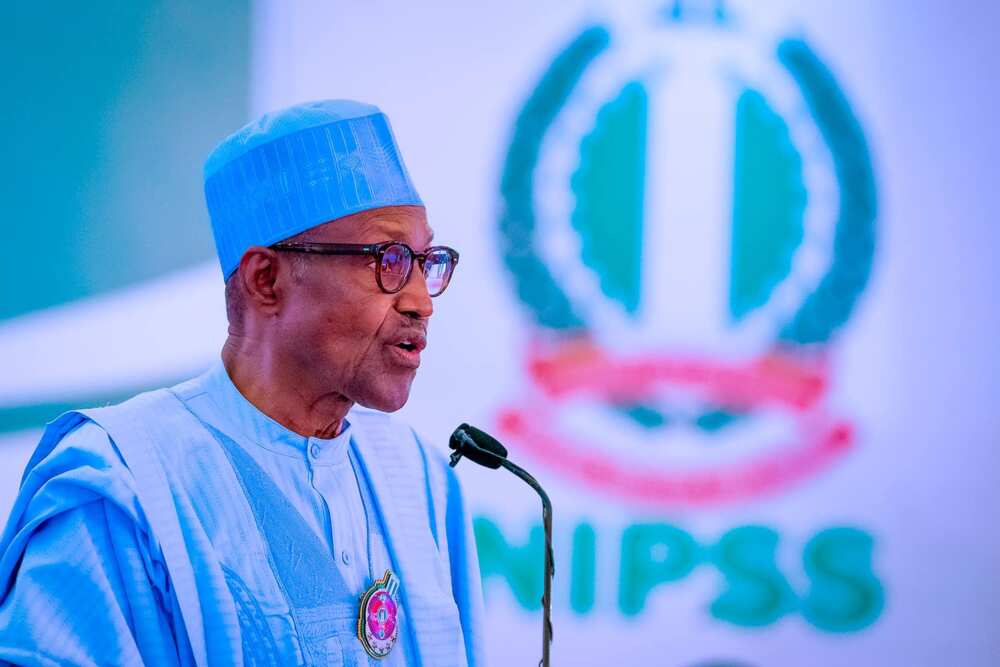Senator Shehu Sani, former federal lawmaker from Kaduna state, has spoken on what Nigerians will experience if the price of petrol becomes N340 per litre.
Sani's comment follows a statement by the Group Managing Director and Chief Executive Officer of the Nigerian National Petroleum Company Limited (NNPC) that the price of petrol may range between N320 and N340 per litre after the removal of subsidy in 2022.

Taking to his Facebook page, the former senator listed what will happen if the product is being sold at such a high price.
He said though the minister of finance, budget and national planning, Zainab Ahmed, said the subsidy will be replaced with a N5000-a-month transportation grant to the poorest Nigerians, Senator Sani said the government's plan cannot solve "all these problems".
The World Bank already advised the Nigerian government to remove the petrol subsidy, arguing that it does not benefit the poorest Nigerians.
The Bank, however, advised the government to come up with programmes to protect the poor from the burden of the subsidy removal
It also advised the government to redirect the savings from petrol subsidy to finance primary health, basic education, and rural connectivity projects.
Malam Nasir El-Rufai, the governor of Kaduna state, while in his reaction said all state governments are in support of the federal government's plan to exit fuel subsidy regime.

The report also noted that Nigeria has the worst revenue-to-GDP ratio among 115 countries monitored by the World Bank.
To address the nation's economic challenges, the World Bank recommended some important policy decisions President Muhammadu Buhari and the Central Bank of Nigeria (CBN) should take, starting from the year 2022.
Here are seven key things the Bank advised the Nigerian government to do:
For the umpteenth time, the Bank also advised the Buhari government to stop subsiding petrol, arguing that the poorest Nigerians do not benefit much from the subsidy regime.
It also noted that increase in the price of petrol, which is bound to happen after subsidy removal, will have minimal adverse effects on poor households.
According to World Bank, the poorest 40 percent of Nigerians consume less than 3 percent of the total petrol consumption in Nigeria.
The Bank also stated that the Nigerian government has already removed subsidies for other liquid fuels such as kerosene and diesel.
If the Nigerian government eventually removes petrol subsidy, the country will experience inflation which will largely impact the poor and vulnerable, according to the World Bank's forecast.
To address this, the Bank advised the government to come up with programmes to protect the poor.
It also advised the government to redirect the savings from petrol subsidy to finance primary health, basic education, and rural connectivity projects.
In order to generate more revenue, the World Bank advised the federal government to increase taxes on what it termed as “sinful goods".
The sinful goods include cigarette, alcohol, sugary drinks.
The World Bank advised the Buhari administration to cut the loans (overdrafts) it gets from the CBN through the Ways and Means financing system.
It asked the FG to keep overdrafts to levels stipulated by the nation's law.
If Nigeria's current debt accumulation levels are maintained, the country’s debt-to-GDP ratio will hit 40 percent by 2025, the World Bank projected.
As part of the move to improve the economy, the World Bank advised Nigeria to build digital public platforms, digital financial services, digital entrepreneurship, digital skills, and digital infrastructure.
It noted that a leading beading barrier is Nigeria’s underdeveloped fixed broadband infrastructure, which is partly caused by burdensome regulations from federal and state governments.
To further improve the economy, the Nigerian government was advised to speed up port clearance.
According to the Bank, this can be achieved "by simplifying and harmonizing documents, streamlining, automating procedures, and introducing risk-based customs interventions,”and fix the forex policy.
Stating that increase in parallel market rate (not official market rate) equals increase in inflation, the World Bank advised the government on what to do.
Apart from recommending the enhancement of the “flexibility and predictability of exchange rate management” to address inflation, the bank also asked that all land borders be fully open for trade.
Malam Mele Kyari, the Group Managing Director and Chief Executive Officer of the Nigerian National Petroleum Company Limited (NNPC), has said Nigeria should be out of subsidy regime by the end of February 2022.
The NNPC boss stated this at the presentation of the World Bank Nigeria Development Update, November 2021 edition titled “Time for Business Unusual”, Kyari added that by February 2022, there will be no provision for subsidy legally, he however, said the Nigerian government has a bigger social responsibility to cater for the ordinary and will ensure that the subsidy regime is exited in the most subtle and easy manner.
The NNPC chief added that the price of the product may range between N320 and N340 per litre after the removal of subsidy
Meanwhile, Zainab Ahmed, the minister of finance, budget and national planning, has said the subsidy will be replaced with a N5000-a-month transportation grant to the poorest Nigerians.
According to Zainab, the grant will go to about 20 to 40 million people who make up the poorest population in Nigeria.
The minister went on to note that the final number of beneficiaries will depend on the resources available after the removal of the fuel subsidy.
No comments:
Post a Comment